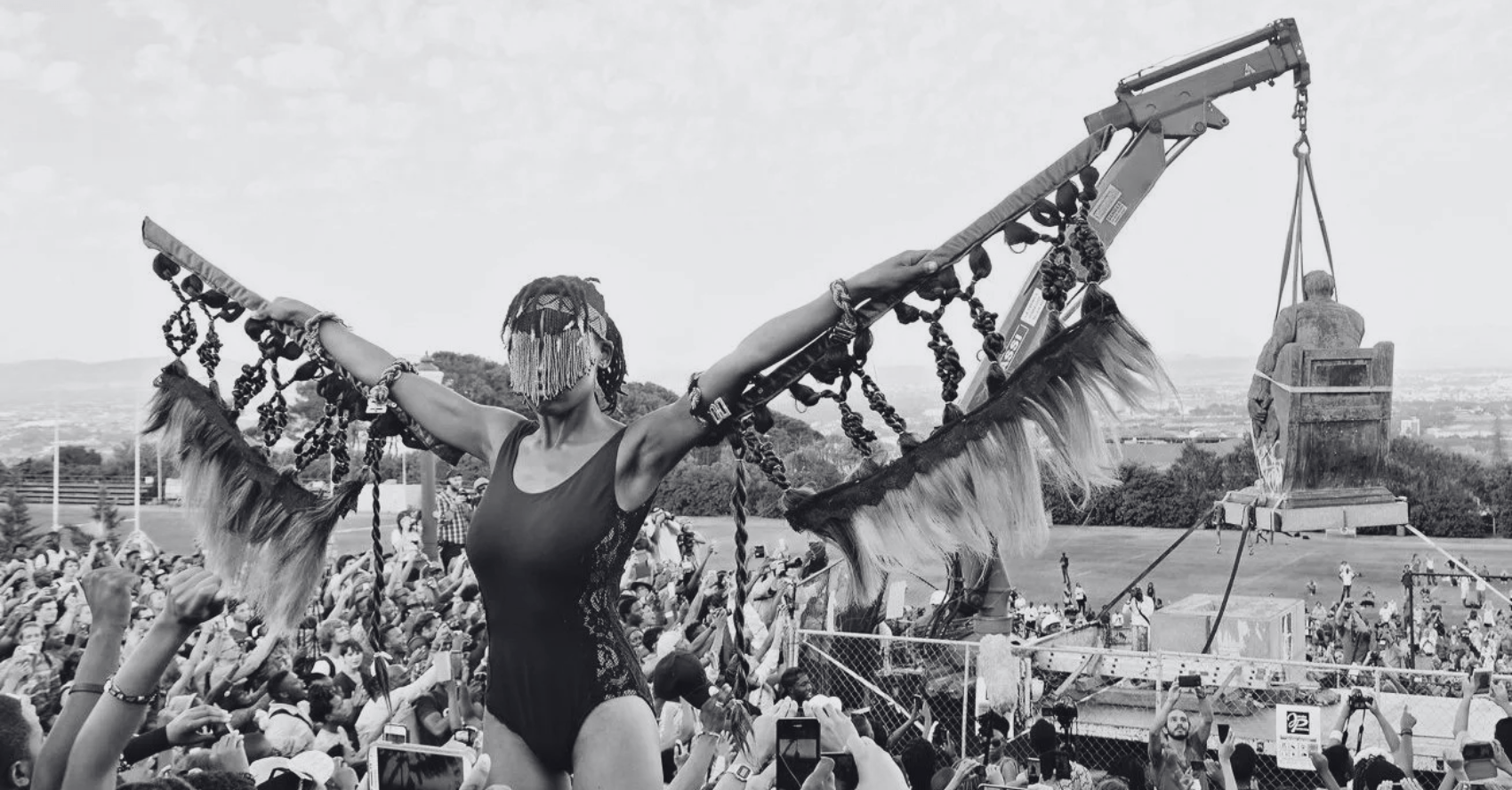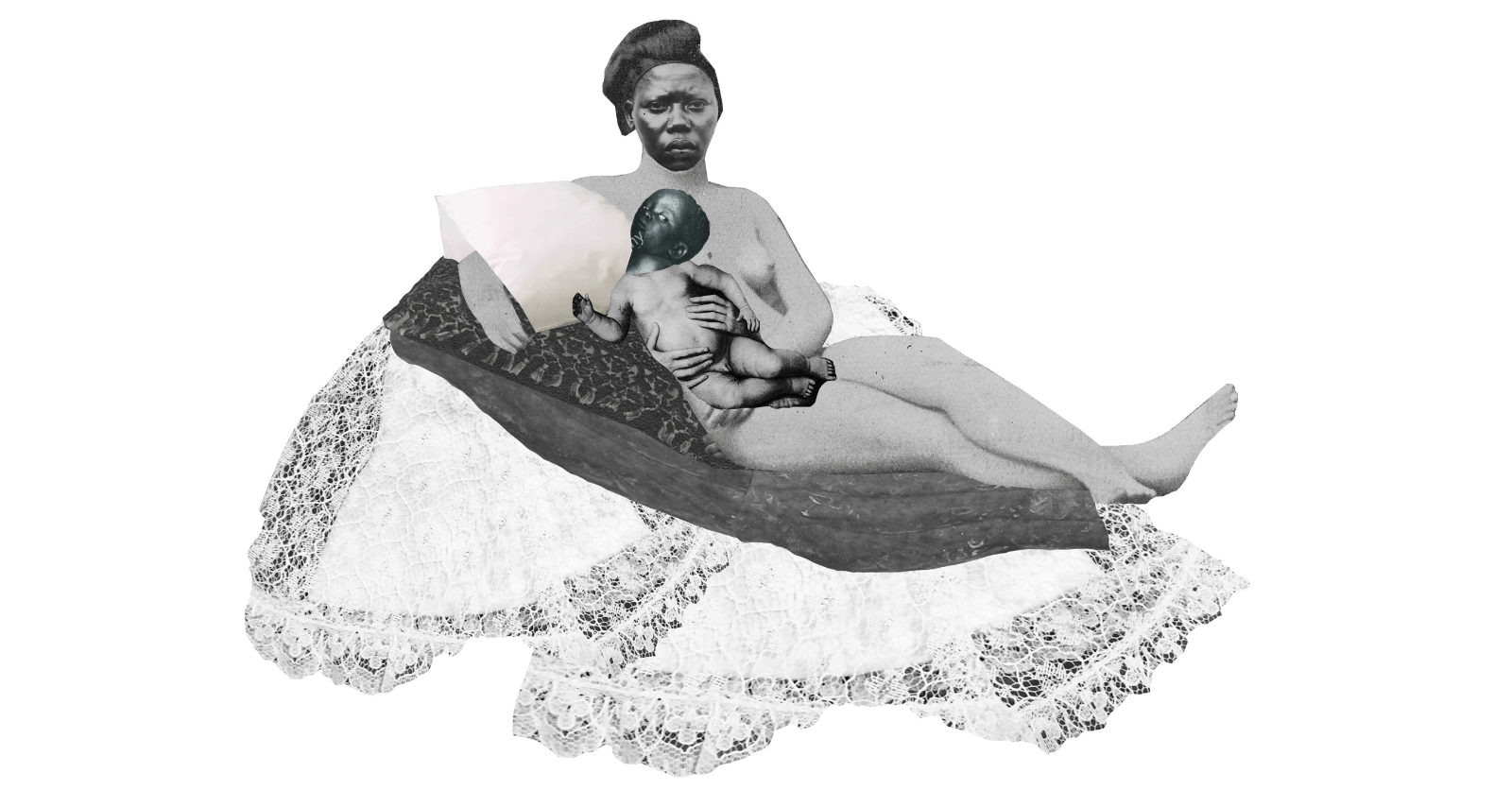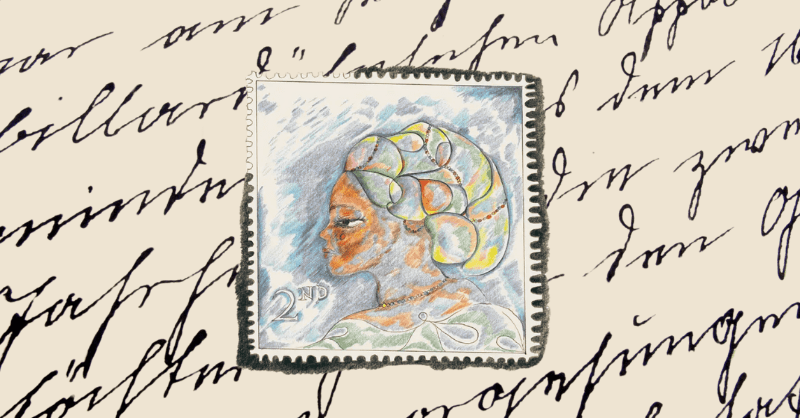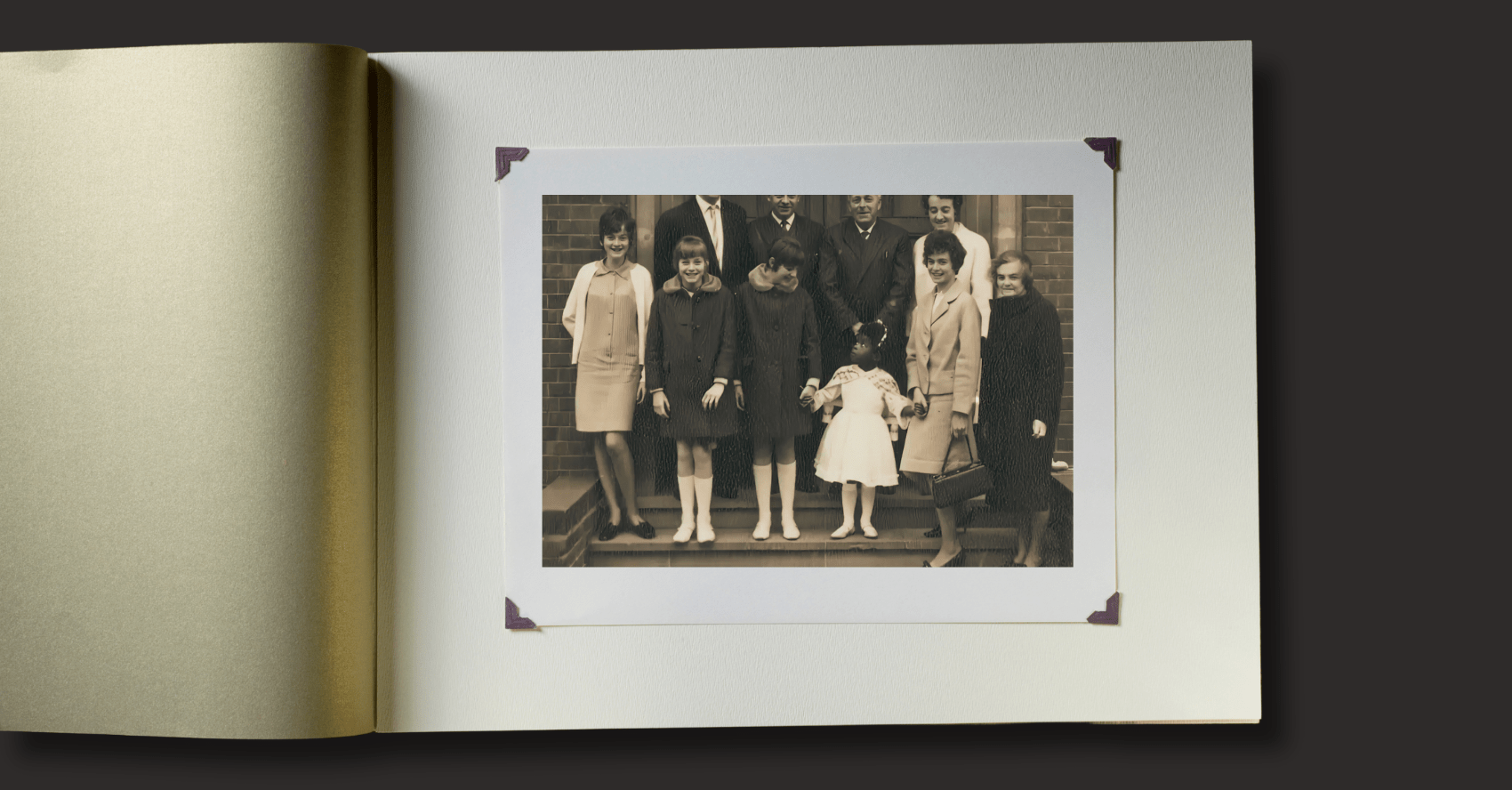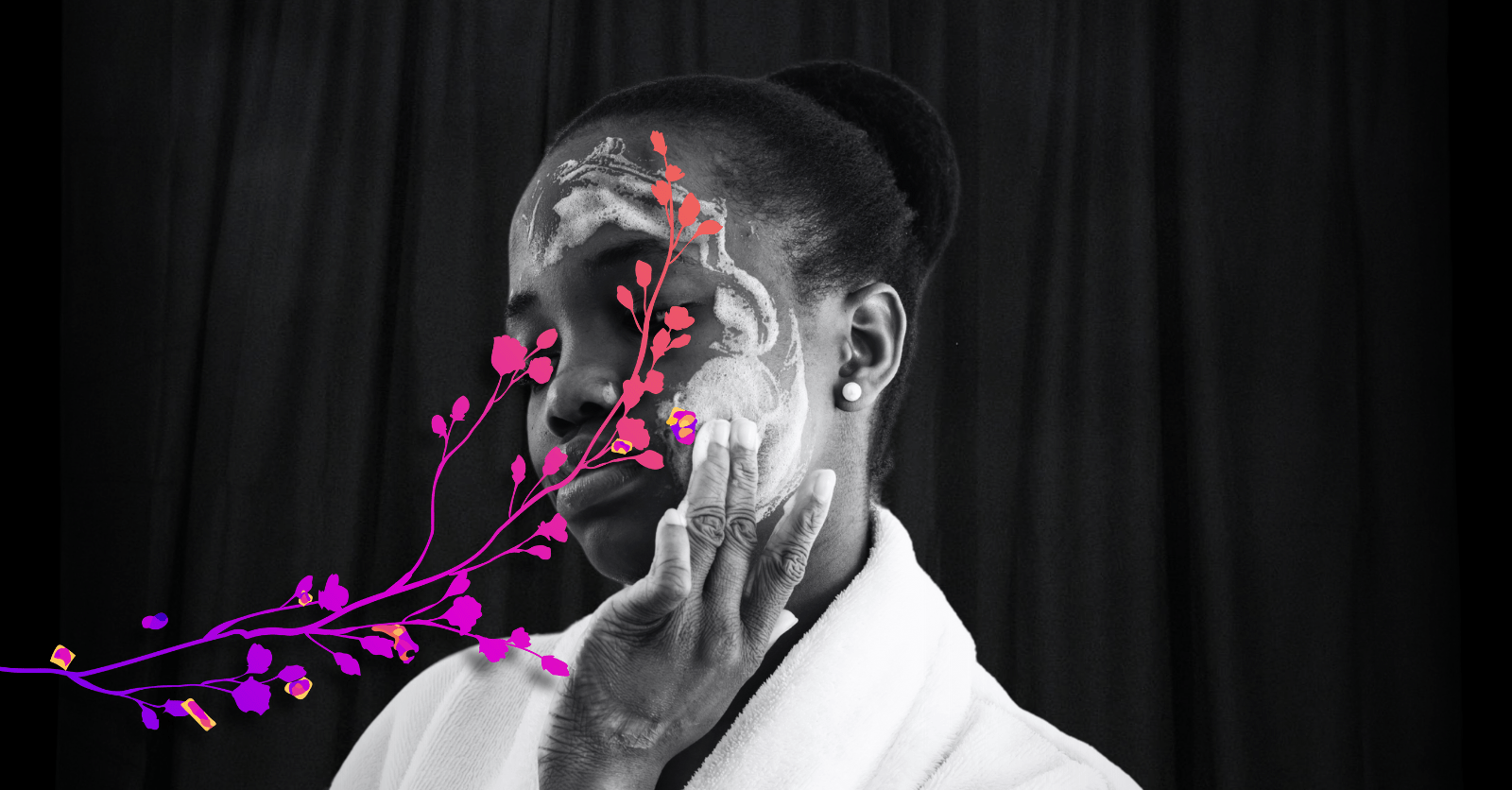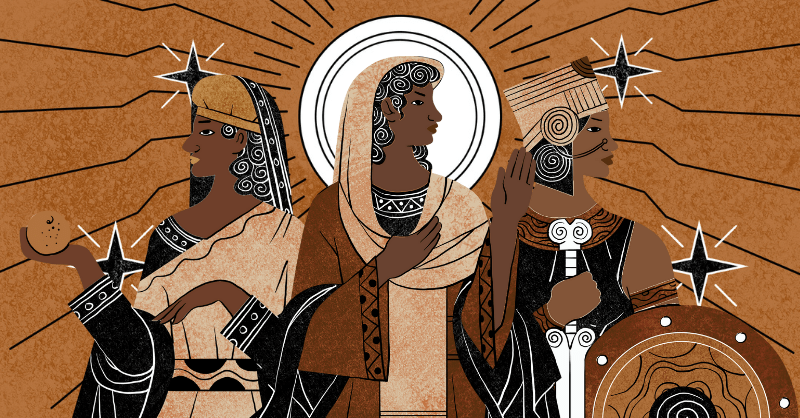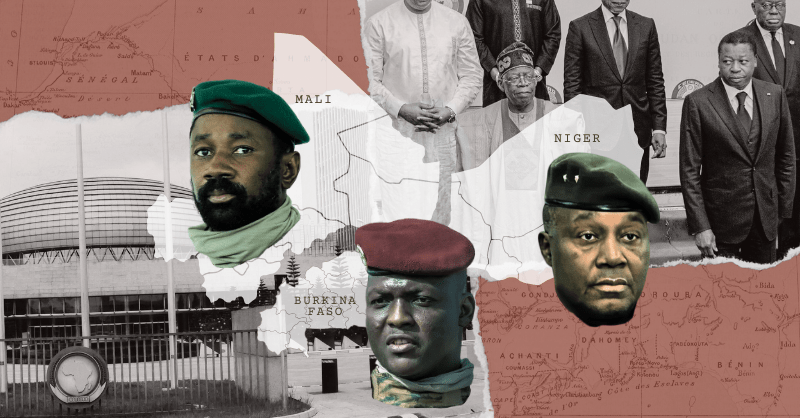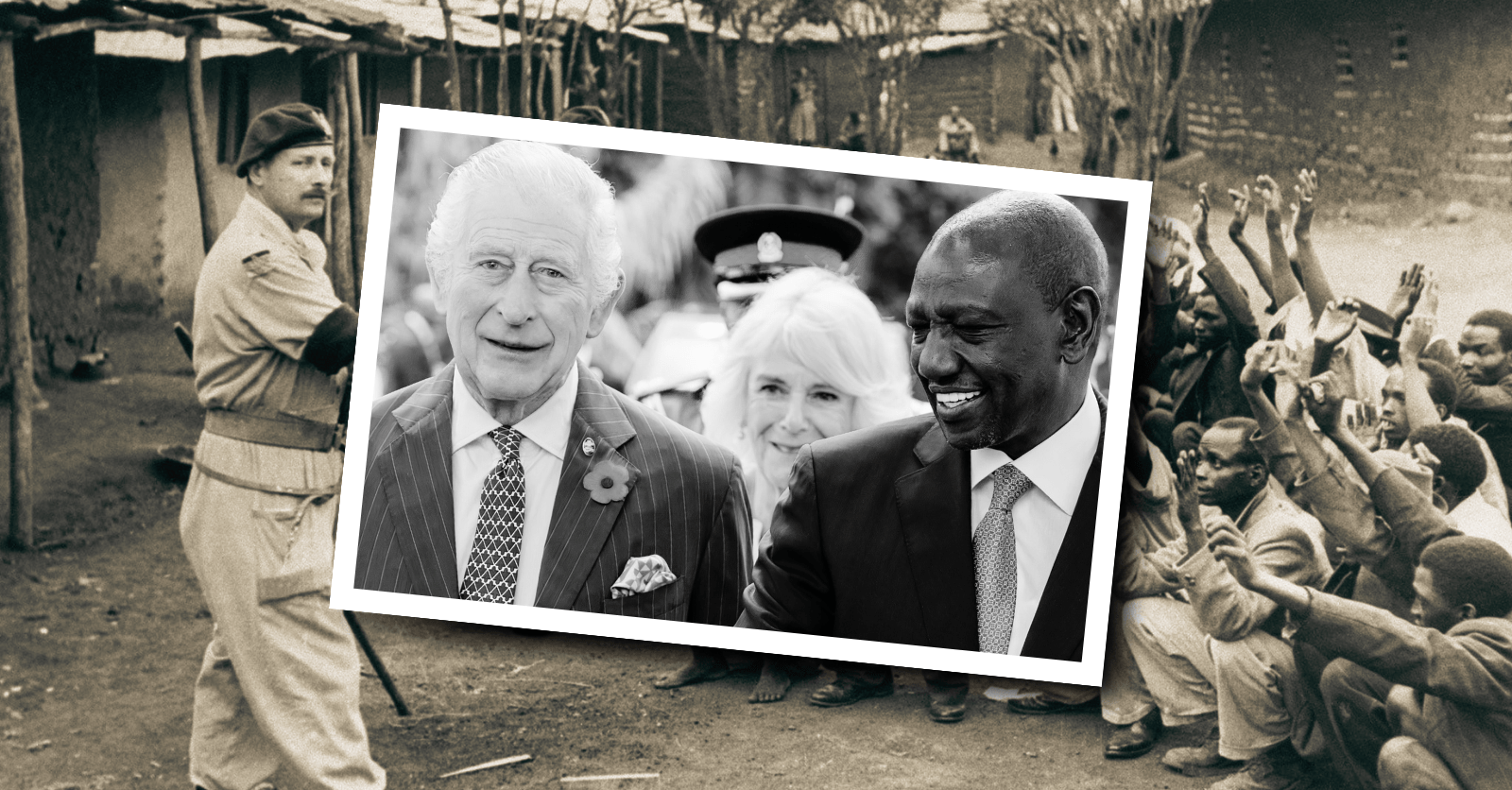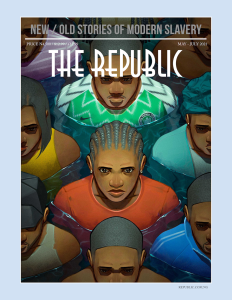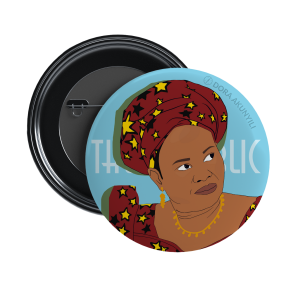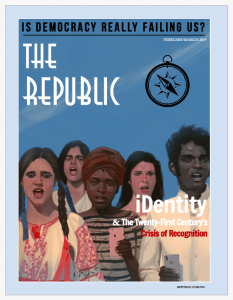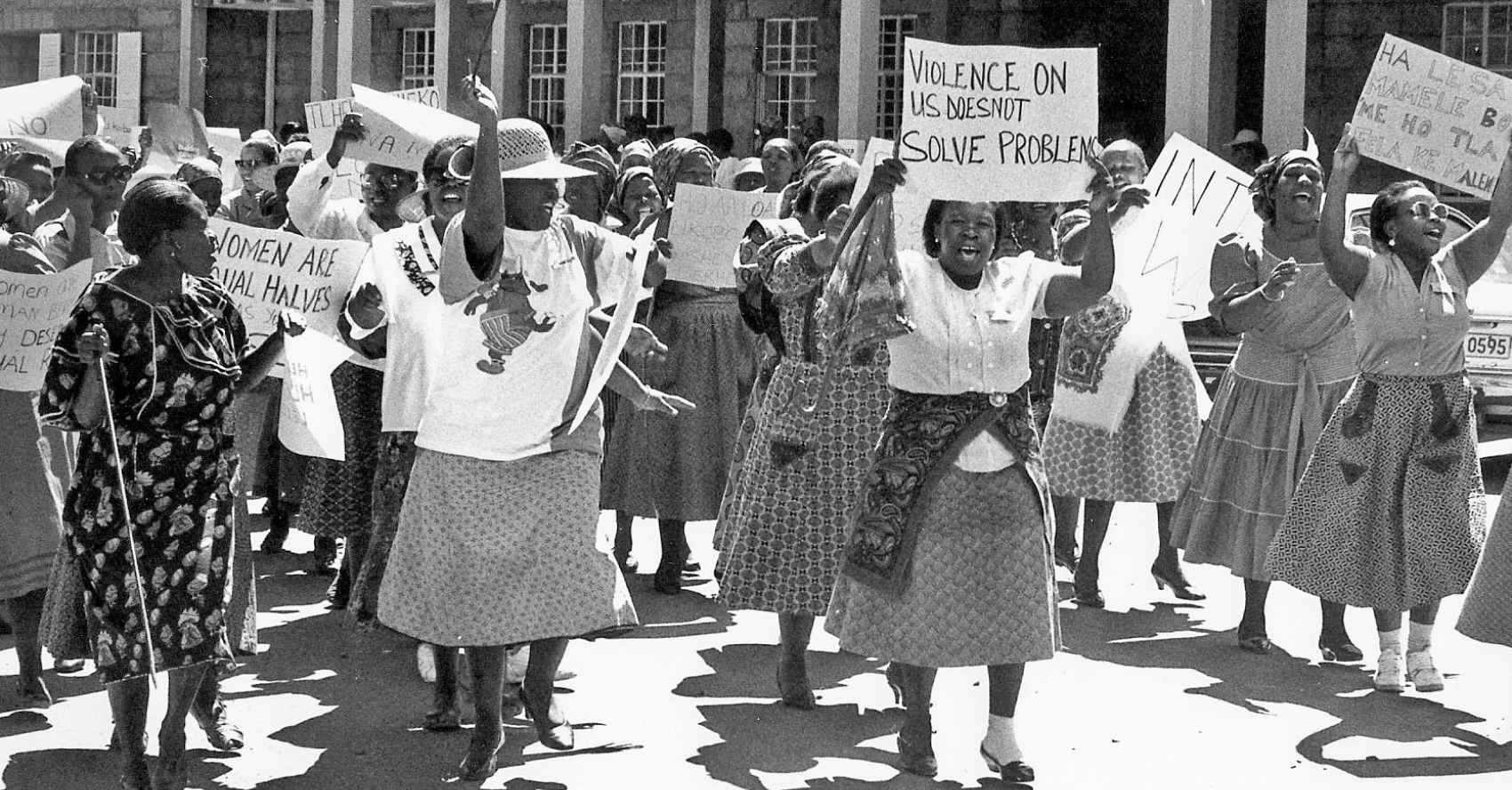
Lesotho women protesting violence against women at a National Women’s Day protest at National University of Lesotho. September 1993. K. Kendall / FLICKR.
EDITOR’S FOREWORD
‘An African Feminist Manifesto’

Lesotho women protesting violence against women at a National Women’s Day protest at National University of Lesotho. September 1993. K. Kendall / FLICKR.
EDITOR’S FOREWORD
‘An African Feminist Manifesto’
Exactly five years ago, The Republic publicly launched its first print issue, where we focused on race and identity in the modern world. But what only our oldest readers may know is that in 2017, we debuted with a series of essays written exclusively by women on the state of African feminism at that time. Called Women of Nowadays, the issue featured essays such as C. S. Lozie’s on the erasure of female pain, Ẹniọlá Ànúolúwapọ́ Ṣóyẹmí’s on the evolution of feminist consciousness and Irene Chidinma Nwoye’s on the #WomensMarch and being feminist in Trump’s America. It also featured, and ambitiously, musings by six writers including Saratu Abiola, ‘Pemi Aguda and Adebola Rayo on select pages of the novel, Efuru, in celebration of its author, Flora Nwapa.
The Republic has evolved considerably since then; most obviously, I’m no longer the magazine’s only editor (we are now 13!) and our archive has only grown from the seven essays that comprised Women of Nowadays, to the 300+ essays we currently house. Our magazine has changed and is changing, and I’m excited to share some of these updates with you, beginning with our latest issue, An African Feminist Manifesto. This issue borrows its title from our headline essay, a format we will be adopting in future magazines. In the years since we published Women of Nowadays, feminism and the state of women’s rights across Africa has continued to dominate public discourse, inspiring some of the most transformational changes some of our countries have seen, and not without pushback. Ours is a time when feminist groups have become some of the most organized civic networks on the continent and are relied on by both men and women to seek changes on issues ranging from reproductive rights to police brutality. However, ours is equally a time when Africa still records some of the highest rates of femicide in the world, an era in which the biggest threats to women remain the men in their lives.
Not just here in Nigeria but globally, these are uncertain times. Experts in The Republic have written extensively on the ongoing trends among which are Nigeria’s worsening economic crisis, the advent of the era of multi-polarity as the West loses its grip on geo-politics, the persistence of COVID-19 and the worsening climate emergency. All of which, we gather, will have more severe ramifications for women.
It is against this backdrop that feminist scholar, Ololade Faniyi headlines this issue, with an essay that advocates for decolonial worldmaking rooted in African feminism. ‘The very attack on the word “decolonization” is reinforcing subhuman imaginaries,’ she writes, ‘and binding our bodies into ideological containment that is eerily similar to slave ships.’ What African feminism offers in our challenging times, she argues, is solidarity, the connection to ‘to a critical legacy that binds contemporary Black women to their ancestors who not only resisted slavery but created breaches of resistance within alien spaces of domination, and whose legacies continues to sustain the spiritual and material connections between Afro-diasporic people today.’
An African Feminist Manifesto
Decolonial African feminist thought is equal parts rage and radical care. It is a collaborative and unbiased call to action that insists on justice, self-determination, and autonomy, building on the legacies of foremothers to create our lifelines for our future and the ones that come after us.
In line with our new format, this issue features authors writing on topics ranging from arts & culture to science and technology. Our Arts section includes a 50-year anniversary review of Buchi Emecheta’s Second Class Citizen, by Republic associate editor, Peace Onafuye. This section also includes an essay by Kéchi Nne Nomu (The Republic’s 2023 newcomer of the year) on Norwegian-Nigerian photographer, Frida Orupabo surreal, women-oriented collages; along with an extended review by Jamila Pereira of White Nanny, Black Child, Andy Mundy-Castle’s 2023 documentary on West African children who were fostered unofficially by white British families between 1955 and 1995.
The Disruptive Potential of Frida Orupabo’s Metamorphic Women
To encounter a body in collage is to momentarily believe the human form is physically and even gesturally incapable of coming up against its own limitations. Frida Orupabo’s collages do this...
50 Years of Buchi Emecheta’s Second-Class Citizen
In 1974, Buchi Emecheta’s novel, Second-Class Citizen, was published. While this novel has inspired a generation of African writers, the themes Emecheta explored—such as Black immigrant life in the UK...
Shadows of a Forgotten Past: Unveiling the Truth of White Nanny, Black Child
In the 1950s, white British families adopted numerous African children in a practice commonly known as ‘farming’. With outstanding depth, a documentary on farming by Andy Mundy-Castle explores how for...
In Business, Assumpta Audu profiles the comedian and filmmaker, Funke Akindele, whose 2023 film, A Tribe Called Judah, is the first and only Nollywood film to gross over N1 billion in box office sales. ‘Not only has [Akindele] consistently succeeded by evolving in line with industry trends,’ she writes, ‘in an era of doom scrolling, she has also solidified herself in Nigerian comedy and is increasingly expanding her reach beyond Nigeria’s shores.’
In Climate, Aby Sène writes on the 2023 watershed events in climate politics for Africa. These events include the first African Climate Summit and the number of carbon offset deals that many dubbed as green colonialism. According to Sène, ‘In 1986, Pan-Africanist and anti-imperialist revolutionary, Captain Thomas Sankara, delivered his famous speech, Imperialism is The Arsonist of Our Forests and Savannas, in which he denounced imperialism as the main driver of environmental destruction. Today, the climate crisis has become a pretext for imperialist economic expansion, leading to an urgent need to reorient the African climate justice agenda.’
In Culture, Oyindamola Depo-Oyedokun reports on Nigeria’s ongoing japa wave. This essay takes a unique approach to telling the all-too-familiar Japa story in Nigeria. Going beyond the numbers, this story takes the reader on a journey from earlier brain drain waves of the 80s-90s (with valuable first-hand insight from those who emigrated during that period) to our current brain drain wave. Depo-Oyedokun also explores the impact that emigration has had on relationships (be they familial, platonic or non-platonic), cultural assimilation and identity. She ends by looking at China and India, who have faced similar brain drains, and by considering what Nigeria can learn from their experiences.
Funke Akindele’s Path to a Billion Naira
Being a force in an industry is a difficult position to attribute to anyone. But after producing the top three highest-grossing movies in Nollywood and being the first and only...
A 40-Year-Old Japa Story
From the ‘Checking Out’ of the 80s to today’s ‘Japa’ wave, Nigeria’s enduring struggle with brain drain has lasted far too long. Despite promises of change, the nation continues to...
Imperialism is the Arsonist of Our Forests
In 1986, Thomas Sankara delivered his famous speech, Imperialism is The Arsonist of Our Forests and Savannas, in which he denounced imperialism as the main driver of environmental destruction. Today,...
In Health, Foyin Ejilola comments on colourism and the skin bleaching landscape in Nigeria, highlighting their socioeconomic and health implications. According to Ejilola, Nigeria is one of the largest markets for skin-bleaching products, and the high demand for such products has ‘led to the development of different skin-lightening beauty methods that focus on faster and relatively thorough results but gape the skin and body open to grave health repercussions.’
In History, Kai Mora (The Republic’s 2023 writer of the year) writes on African women in Abrahamic narratives, how Black women globally have interpreted these narratives, and how these narratives have been used in the service of liberation across history. ‘Though the presence of Abrahamic tradition within global Black consciousness often finds expression through male-dominated narratives,’ she writes, ‘a closer examination uncovers Black women at the very centres of the most path-altering moments in the tradition, offering analogues with which Black women have interpreted, reimagined and reclaimed their past, present, and future.’
In Interviews, academic and author of The Theology of Mercy Amba Oduyoye: Ecumenism, Feminism, and Communal Practice, Oluwatomisin Olayinka Oredein, invites us into the texts and practices that shape her work: ‘A writing goal I have for this year is to finish my second monograph (The Care Book),’ she says, ‘but to do so in the writing style that feels most comfortable to me. I consider my writing style theopoetic where the poetic and the prose are indiscernible.’
The Menace of Skin-Bleaching in Nigeria
Cosmetic endeavours aimed at achieving lighter skin have led to the development of different skin-bleaching beauty methods that leave the body open to grave health repercussions.
A Womanist Reading of African Women in Abrahamic Tradition
Though the presence of Abrahamic tradition within global Black consciousness often finds expression through male-dominated narratives, a closer examination uncovers Black women at the very centres of the most path-altering...
‘I Want My Writing to Sound on Paper How It Sounds in My Head and Heart’ Oluwatomisin Olayinka Oredein’s First Draft
Academic and author, Oluwatomisin Olayinka Oredein, tends to pay less attention to books that fail to enhance her work.
In Politics, Otobong Inieke, analyses the implications on West African and world geopolitics of Mali, Burkina Faso and Niger’s collective decision to establish the defence pact, l’Alliance des États du Sahel. ‘The formation of the AES is triggering a new consciousness for the average citizen in French-speaking African countries,’ she writes, ‘and this is causing external powers and interests to review their positions in the Sahel region.’
In World Affairs, Mumbi Kanyogo thinks through the meaning of King Charles III’s 2023 visit to Kenya. According to Kanyogo, ‘In late October 2023, King Charles III made a visit to Kenya that was shrouded by demands for apology for Britain’s brutal colonial reign in Kenya. In one of these speeches, King Charles stopped short of an apology and said he was “regretful” for Britain’s past “acts of violence” and offered a pathway to repair that would include an attempt to deepen [his] own understanding of these wrongs, that I meet some of those whose lives and whose communities were so grievously affected’. In my analysis, I argue that in an era in which colonial states acknowledging colonial terror as a historical reality is readily used to whitewash and disappear our ongoing colonial reality, colonial apology is not enough and even contradictory. In Kenya, this contradiction emerges at the confluence of ongoing settler colonial land theft, now reintroduced under the rubric of conservation; the British army’s continued occupation and terrorism in Laikipia County and a Kenyan state that refuses to honour its anti-colonial freedom fighters or at least amplify and support their demands for reparations from the British state.’
Geopolitical Projections in West Africa and the Wider Continent
A new element in geopolitics across Africa is the growth of political consciousness and the willingness to organize against unfavourable status quos. Recent events in Mali, Niger and Burkina Faso...
King Charles’ Non-Apology to Kenyans
Amidst global demands for reparations, King Charles offers Kenyans a (non)apology. But what substance can an apology from Britain hold, when its imperial and colonial crimes continue to shape and...
Since our last issue, The Republic has received funding from the Open Society Foundations (OSF), which will go towards expanding our Black Atlantic column. OSF funding also supported the production of this issue.
As usual, we encourage our readers to engage with our essays and articles and to provide insightful comments. Readers may send their views directly to the Editor by addressing emails (of no more than 700 words) to wale@republic.com.ng, with the subject, ‘Comment on Xyz Essay’, or ‘Letter to the Editor’ as applies. Comments and letters will be archived and, depending on the quality of the arguments presented, we may reach out to assist in developing your letters and comments further for publishing in the magazine.
At The Republic, we will always prioritize the meaningful exchange of ideas. We commit to pressing forward: on the most critical of social, political and economic issues; by innovating through knowledge gaps; and by providing guidance through thickets of opinion, ignorance and misinformation—three key features of our time—in search of glades of insight⎈




